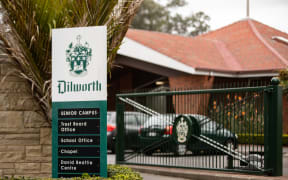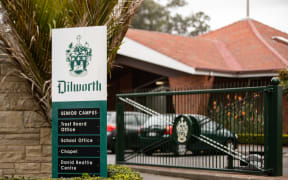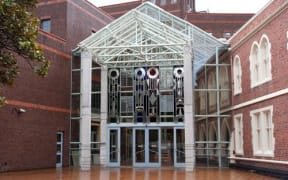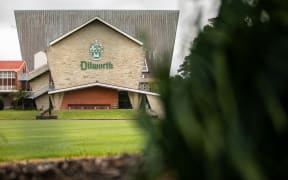A former student who was among hundreds of boys sexually abused at Dilworth private boarding school in Auckland described the school as having been "like in a paedophile farm".
For Neil Harding, the memories of ongoing abuse from multiple teachers at the school from when he was 11 will never go away.
"I find it absolutely reprehensible that this kind of abuse could carry on and people not be held accountable for doing this and perpetuating what was pretty much a paedophile farm," Harding said.
He's still angry at the school's board and is calling on its chairperson to resign.
This week, an independent inquiry report led by former Governor General Dame Silvia Cartwright and Frances Joychild, KC, confirmed decades of sexual crimes and physical abuse that the school leaders chose to ignore.
The report made 19 recommendations to the school board for the safety of current and future students. It showed abuse of students as young as 8-years-old occurred regularly from the 1950s through to 2018.
A police investigation that began three years ago resulted in the conviction of 11 staff members and other men connected to the school for various sexual abuse offences. Some were not charged because they had died.
The 500-page report showed the abuse peaked between the 1970s and 1990s. Dame Silvia said 175 boys at Dilworth reported abuse, but the actual number was regrettably much higher.
The boarding school was started early last century to educate financially disadvantaged young boys for free and the majority of them did not have a father figure in their lives, she said.
These disadvantaged children were vulnerable and sexually abused by their teachers, chaplains, scout leaders, house tutors and even older students, Dame Silvia said.
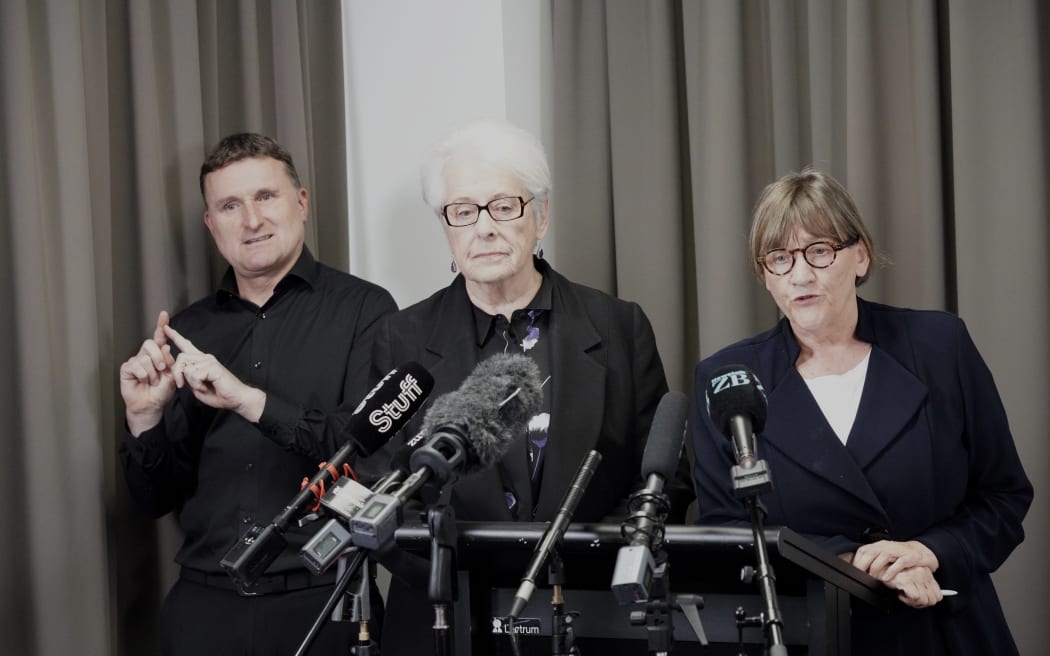
Dame Silvia Cartwright and Frances Joychild at the release of the inquiry report. Photo: RNZ / Tim Collins
Joychild said complaints about abuse by staff were rarely reported to the school board. The ones that were were swept under the carpet.
Sexually abusive staff who resigned were given excellent references for other schools, Joychild said.
The Dilworth Trust Board refused to be interviewed, but in a statement said it apologised to all those who suffered abuse at the school and that it failed them.
The board has promised to examine the report, which it said shed light on events and behaviour that should never have occurred.
Board chairperson Aaron Snodgrass described the abuse suffered by many former students as heartbreaking.
"The board apologises to all those who suffered abuse while students at our school. We also apologise to their families and whānau.
"The report makes abundantly clear that it was not their fault - it was their school that failed to protect them and for that we are truly sorry."
Snodgrass said the next step for the school was to look at redress for the former students who were abused. It has its own Dilworth Redress Programme Panel that will go over the inquiry's report and will make offers of compensation to abuse victims next year.
Snodgrass encourages former students who were abused to come forward and register their applications for redress.
He said the school was offering confidential free counselling and psychological support to all former students.
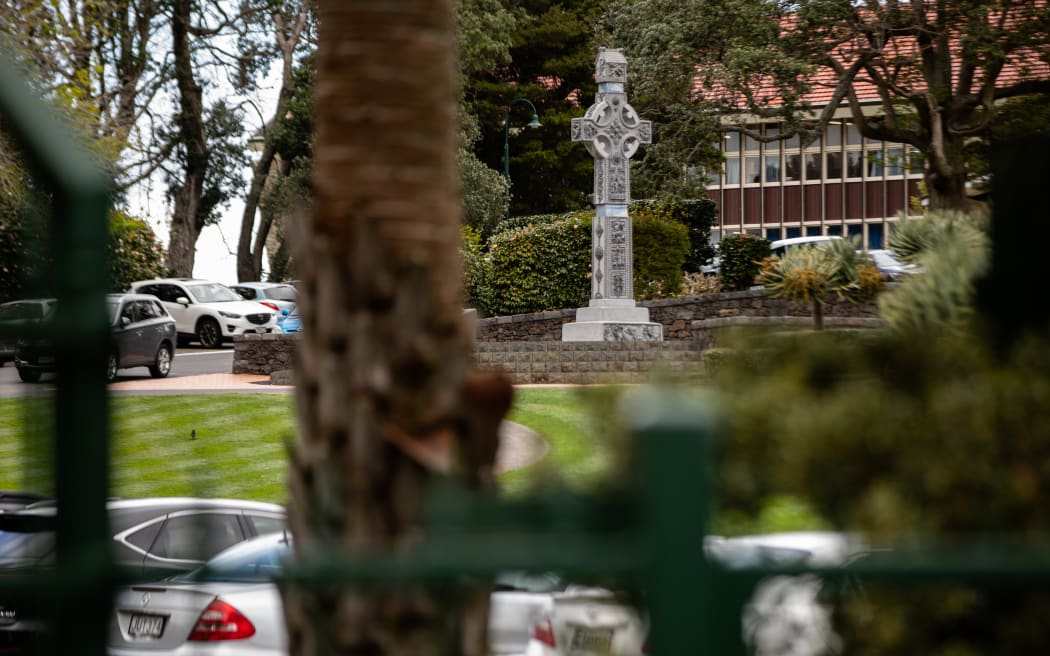
Dilworth School in Auckland. Photo: RNZ / Dan Cook
Following the release of the independent inquiry report, Dame Silvia said she hoped it would bring some sort of closure to the men who were abused at the school, and their families.
"Regrettably, this report is a catalogue of what went wrong, the lifetime of damage it caused to abused students, how that damage may be fixed, and an expression of hope that the terrible events of the past will never be repeated," she said.
Still in mourning
Harding still mourns the suicide of some of his peers following years of being sexually abused while boarding at Dilworth.
"That's tough to read about what happened to so many boys. To my classmates, it's tough to know that. The school covered up. To block the truth for decades, to know that the abuse continued. To know that many, many guys have since committed suicide. To have not put their hand up over the decades and got us some help is reprehensible," Harding said.
He remains angry at the school's latest board.
"I'm again calling for the resignation of Aaron Snodgrass. For us to move forward and redress. We need a process that's collaborative."
"There are some seriously damaged former students. And everything they've done to date (the school) is window dressing. They're making their front yard look nice, but they've got a toxic backyard that they have to deal with. And redress is about restoring our mana and they haven't done that."
Harding was calling for Dilworth to change its structure to ensure the current students are safe from any form of abuse.
For him, the memories of abuse are part of his life and he often thinks about what the school should have done, but did not.
"If they hadn't have caned the boys before me for reporting abuse, none of this would have happened to me. And that's in 1977 and 78. And you look at how long the abuse went on for, hundreds of boys were abused because the school didn't care enough to stop it," he said.
Harding has no wish to return to the school and said any monetary compensation would be a hollow gesture, that would not change the abuse suffered by so many young boys.
"A lot of these guys are damaged and struggling ... and we're dealing with the families of those that have committed suicide. And two of my friends from in my choir have committed suicide."
However, Harding supports redress being offered to former students.
"A lot of these guys have got nothing because their life never started. This happened before they even got to determine what career they were going to get.
"It would only be just to to give them a house and a car."
Some of the former students had become addicted to drugs, alcohol, had dysfunctional relationships and continued to struggle every day, due to what happened to them at Dilworth," Harding said.
